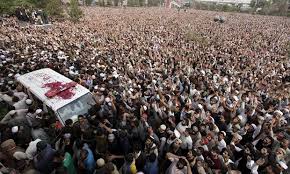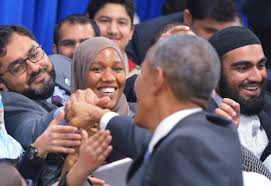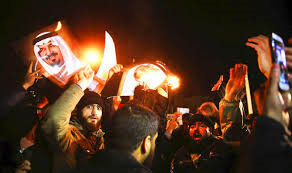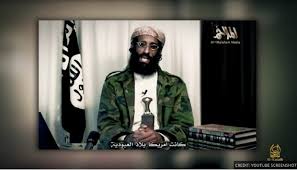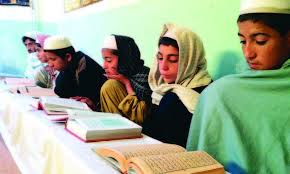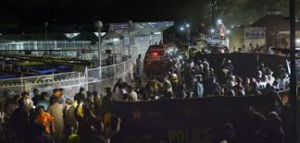
Credit: amny.com
Islamabad, March 28 – Pakistani authorities are searching for fighters from a Taliban militant faction that claimed responsibility for the Easter suicide bombing of a public park in Lahore that killed at least 72 people, many of whom were thought to be children.
The first funerals for those killed were taking place on Monday as the country began a three-day mourning period.
Pakistan’s worst-ever attack on beleaguered Christians prompts warning by bishop for future of minority in Muslim countries.
The bomber blew himself up near an entrance to Gulshan-e-Iqbal Park, close to a children’s play area, on Sunday evening. The sound of the explosion was heard several kilometres away and eyewitnesses said there were big crowds in the area because of the Easter holiday.
“We must bring the killers of our innocent brothers, sisters and children to justice and will never allow these savage inhumans to over-run our life and liberty,” military spokesman Asim Bajwa said in a post on Twitter.
A faction of the Pakistani Taliban, Jamaat-ul-Ahrar, claimed responsibility for the explosion, saying it was targeted at Christians celebrating Easter. A spokesman for the group, Ehsanullah Ehsan, told the Guardian: “We have carried out this attack to target the Christians who were celebrating Easter. Also this is a message to the Pakistani prime minister that we have arrived in Punjab [the ruling party’s home province].” However the Punjab government denied the claim that the bombing was aimed exclusively at Christians, as those in the park were from all backgrounds.
“I saw body parts everywhere, especially those of young children. It was quite haunting, as many of the children’s rides were still operating, while there were dead bodies lying all around them,” said Mohammad Ali, a student who lives nearby and went to the park after hearing the blast.
Kiran Tanveer, another local resident, said: “There was a deafening noise. I immediately thought it must be a blast. I went outside to see. I saw injured people being taken and everyone running in all directions. It was a complete chaos.”
Shortly after the explosion, the area was cordoned off by law-enforcement agencies as the army and ambulances also reached the scene.
Local police said they had found one leg and the head of the suicide bomber. A police spokesman said: “He was around 23 to 25 years old. Initial reports suggest at least 20kg of explosives were used and the suicide jacket contained nuts and bolts,” a police official told local media.
An emergency was declared in the city’s hospitals and an appeal for blood donations made. Many family members were still looking for their loved ones late into the night.
Senior police official Haider Ashraf put the toll at 72 on Monday, saying at least eight children were among the dead, though other sources estimated that the proportion of children among the dead was much higher. Many of those injured were said to be in a critical condition.
Pakistan’s prime minister, Nawaz Sharif, cancelled a planned trip to the UK on Monday, where he was scheduled to stop over before heading for the US. A three-day mourning period was announced in Punjab province.
The chief of Pakistan’s army, General Raheel Sharif, who is also in charge of the country’s security policy, chaired a high-level meeting late on Sunday night, which was attended by the heads of the military and intelligence services.
Many Christians have accused the government of not doing enough to protect them, saying politicians are quick to offer condolences after an attack but slow to take any real steps to improve security.
The US National Security Council spokesman, Ned Price, said: “The United States condemns in the strongest terms today’s appalling terrorist attack in Lahore, Pakistan. This cowardly act in what has long been a scenic and placid park has killed dozens of innocent civilians and left scores injured.”
While Lahore was reeling from the attack, Islamabad, the Pakistani capital, witnessed riots erupting outside the parliament house. Supporters of Mumtaz Qadri, who was hanged last month for the murder of Punjab’s governor Salman Taseer in 2011, are staging a sit-in outside the parliament and have given the Pakistani government a list of demands, the foremost of which is the immediate execution of Aasia Bibi, a Christian woman who is on death row charged with blasphemy.
Qadri, Taseer’s bodyguard, shot him over the governor’s call to reform the blasphemy law and his support for Aasia Bibi.
Safdar Dawar contributed reporting on this from Peshawar






